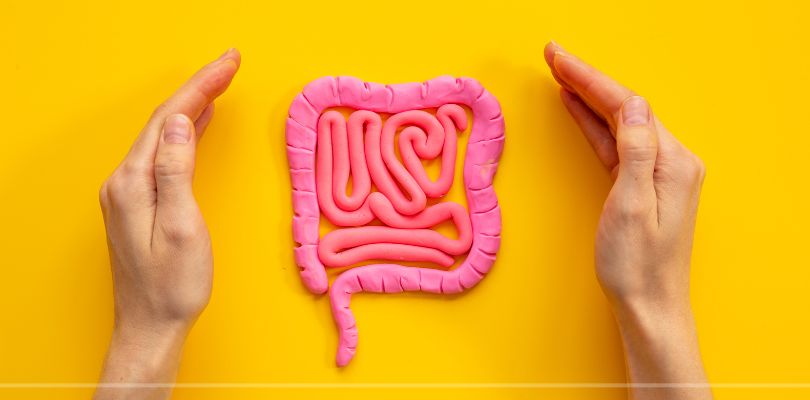Catching colon cancer early is crucial for successful treatment, and understanding the signs and symptoms is the first step. There are several treatment options available for colon cancer, including a drug called Fruzaqla, a medication used to treat adults with metastatic colorectal cancer (mCRC). We'll go over important details about colon cancer, drinks to avoid that can increase your risk, treatment options and more.
Carcinogenic Drinks to Avoid
Carcinogenic drinks to avoid include:
- Soda.
- Sugary fruit juices.
- Energy drinks.
- Alcohol.
- Sweetened iced tea.
- Processed fruit drinks.
- Flavored waters with artificial sweeteners.
- Sweetened coffee drinks.
- Sports drinks with added sugars.
- Canned iced coffees and teas.
While no single drink or food can single-handedly give you cancer, studies suggest that our diets can have a large impact on increasing our cancer risks. Experts recommend minimizing the consumption of carcinogenic drinks, such as those containing high levels of alcohol or certain chemical additives. This should help in reducing your chance of getting cancer or serious diseases.
Colon Cancer Drinks to Avoid
Sugary Beverages
Drinks like soda and sweetened juices can lead to weight gain and higher blood sugar levels, which may negatively affect cancer treatment and overall health.
Alcohol
Alcohol can increase the risk of colon cancer recurrence and interfere with certain treatments. It's best to limit or avoid alcohol altogether.
Caffeinated Drinks
Excessive caffeine can cause dehydration, which is not ideal during cancer treatment. It’s better to consume these in moderation.
Energy Drinks
These often contain high levels of sugar and caffeine, which can negatively impact health and interfere with sleep and hydration.
Artificially Sweetened Drinks
Some studies suggest that artificial sweeteners might have adverse effects on gut health, which is crucial when dealing with colon cancer.
Full-Fat Dairy Beverages
High-fat dairy products can be harder to digest and might contribute to inflammation, so low-fat or non-dairy alternatives are better options.
Unfiltered Tap Water
Depending on the source, tap water may contain contaminants that could be harmful. It's safer to drink filtered or bottled water.
Very Hot Beverages
Extremely hot drinks can irritate the digestive tract, which is especially sensitive during cancer treatment. Stick to warm or cool beverages instead.
Treatment Options
Surgery
Surgery is a common and effective way to treat colon cancer. Many colon cancer surgeries can be performed using minimally invasive techniques, such as robotic or laparoscopic surgery. These procedures require only a few small cuts and are less painful and have faster recovery time.
Chemotherapy
Chemotherapy is another popular treatment option. However, its effectiveness can vary depending on how advanced the colon cancer is. Chemotherapy drugs kill cancer cells, controlling their growth and relieving symptoms along the way.
Targeted Therapy
Targeted therapy works on a cellular level, stopping or slowing the growth or spread of cancer. Cancer cells need specific molecules (often in the form of proteins) to survive, multiply and spread. These molecules, known as molecular targets, are proteins that control how cancer cells grow, divide and spread.
Radiation Therapy
Radiation therapy uses powerful, focused beams of energy to kill cancer cells. Doctors can use these to accurately target a tumor while minimizing damage to healthy tissue.
Medicines
Fruzaqla (fruquintinib) is a prescription medication used to treat adults with metastatic colorectal cancer (mCRC). It can be taken in tangent with chemotherapy and other anti-cancer medications.
Read on to learn about the signs of colon cancer.
